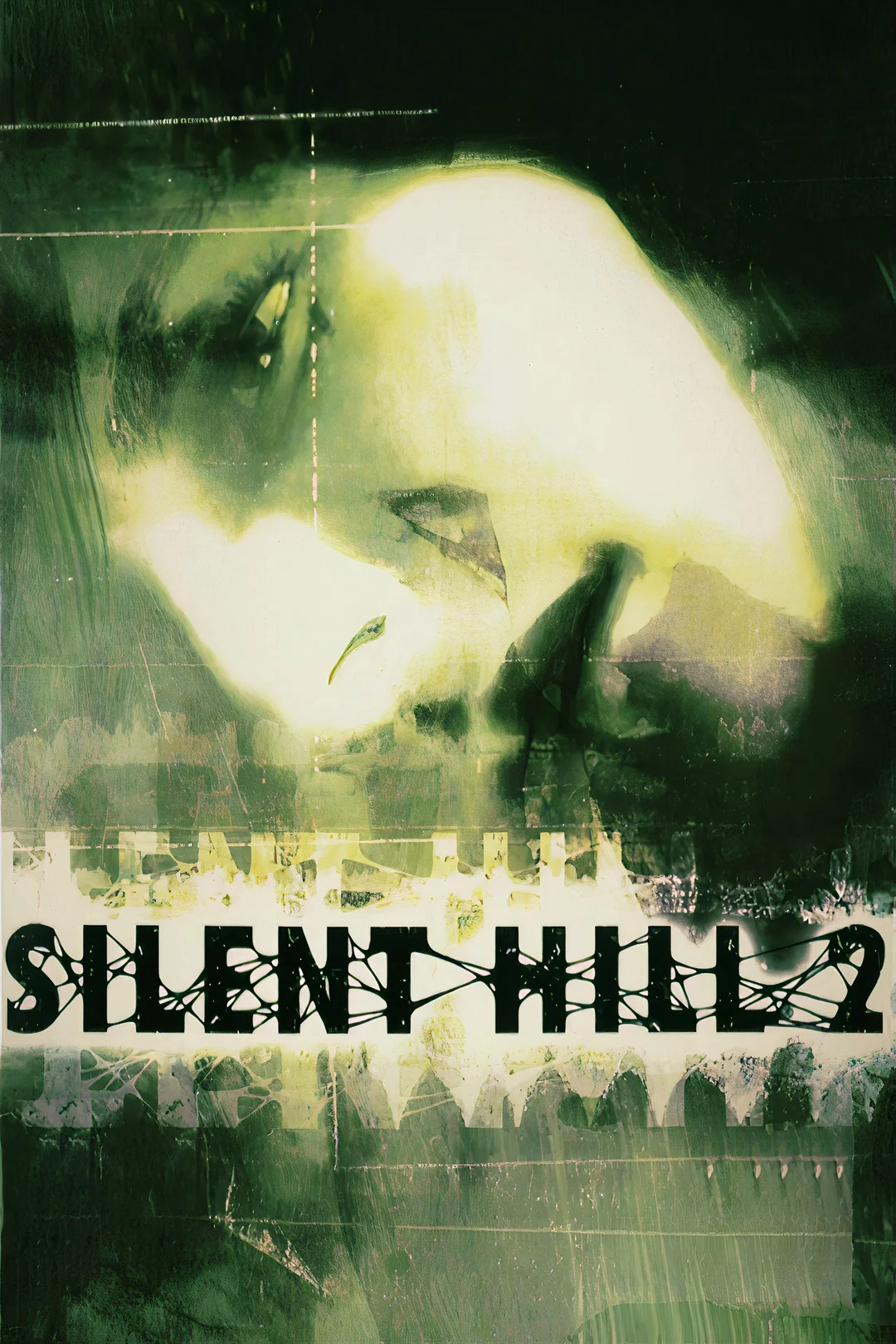silent hill 2
Released in 2001
Phobias That Can Be Triggered in silent hill 2
Achluophobia / Nyctophobia – Fear of the dark
Trigger: Foggy streets, unlit interiors, and flashlight-lit corridors
Why: Much of the game is shrouded in darkness or dense fog, requiring players to navigate with minimal visibility while anticipating threats.
Acousticophobia / Phonophobia – Fear of loud or sudden sounds
Trigger: Abrupt static from the radio, monster noises, ambient music spikes
Why: The game’s sound design is deliberately dissonant and unpredictable, with sudden audio shifts that induce anxiety and panic.
Agoraphobia – Fear of open spaces
Trigger: Empty streets, wide hospital rooms, and vacant parks
Why: The desolate open-world sections feel unnatural and threatening due to the absence of life and visibility-limiting fog, making space feel hostile instead of freeing.
Autophobia – Fear of being alone
Trigger: James wandering without support or interaction for long stretches
Why: Isolation is a key theme; the lack of reliable human connection and eerie silence creates a deep sense of loneliness.
Claustrophobia – Fear of confined spaces
Trigger: Narrow apartment hallways, cramped rooms, elevators
Why: Environments frequently trap the player in tight quarters, increasing tension when monsters corner you with limited space to escape.
Coulrophobia – Fear of clowns
Trigger: Mannequin-like enemies with exaggerated, surreal features
Why: While there are no literal clowns, some enemy designs resemble distorted humanoid caricatures with exaggerated body forms, evoking clown-like uncanniness.
Dementophobia / Nosocomephobia – Fear of insanity or hospitals
Trigger: Brookhaven Hospital sequences, mental illness themes, surreal environments
Why: The game’s hospital settings and mental health subtext involve hallucinations, memory loss, and instability, triggering those fearful of losing control or facing psychological trauma.
Hemophobia – Fear of blood
Trigger: Blood-soaked walls, corpse-strewn rooms, injury detail
Why: Graphic blood is used liberally, often in disturbing or mysterious contexts to amplify fear and disgust.
Necrophobia / Thanatophobia – Fear of death or corpses
Trigger: Frequent encounters with decaying bodies, suicide references, and existential themes
Why: The game directly explores death and grief, both physically (through bodies) and emotionally (through guilt and mourning).
Pediophobia – Fear of dolls or childlike humanoid figures
Trigger: Abstract Daddy, mannequins, and nurse enemies with unnatural proportions
Why: Many enemies look humanoid but are twisted or faceless, resembling living dolls or mannequins, invoking deep discomfort.
Phonophobia – Fear of loud or sudden sounds
Trigger: Jarring combat sounds, ambient transitions, abrupt monster noises
Why: Often, there's no visual warning before terrifying audio spikes, which weaponize silence and stillness.
Scopophobia – Fear of being watched
Trigger: The feeling of being observed through windows, behind doors, or by invisible entities
Why: The game makes excellent use of perspective and camera work to subtly imply that someone or something is always watching James.
Spectrophobia – Fear of ghosts or spirits
Trigger: Angela’s storyline, Maria’s reappearances, haunted environments
Why: Apparitions and supernatural occurrences are central to the plot, often tied to unresolved trauma and spiritual unrest.
Topophobia – Fear of certain places or specific locations
Trigger: Silent Hill itself, especially fog-covered streets, the hospital, and the labyrinth
Why: Many of the game’s locations are symbolic of trauma or death, and each environment is designed to feel threatening in a unique, personal way.
Trypophobia – Fear of clusters of small holes or bumps
Trigger: Flesh-like textures, organic monster designs, certain environments
Why: Many enemies and walls are designed with uneven, pockmarked textures that may provoke discomfort in players sensitive to this phobia.
